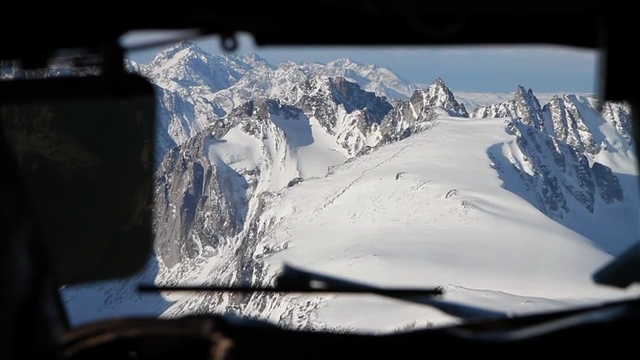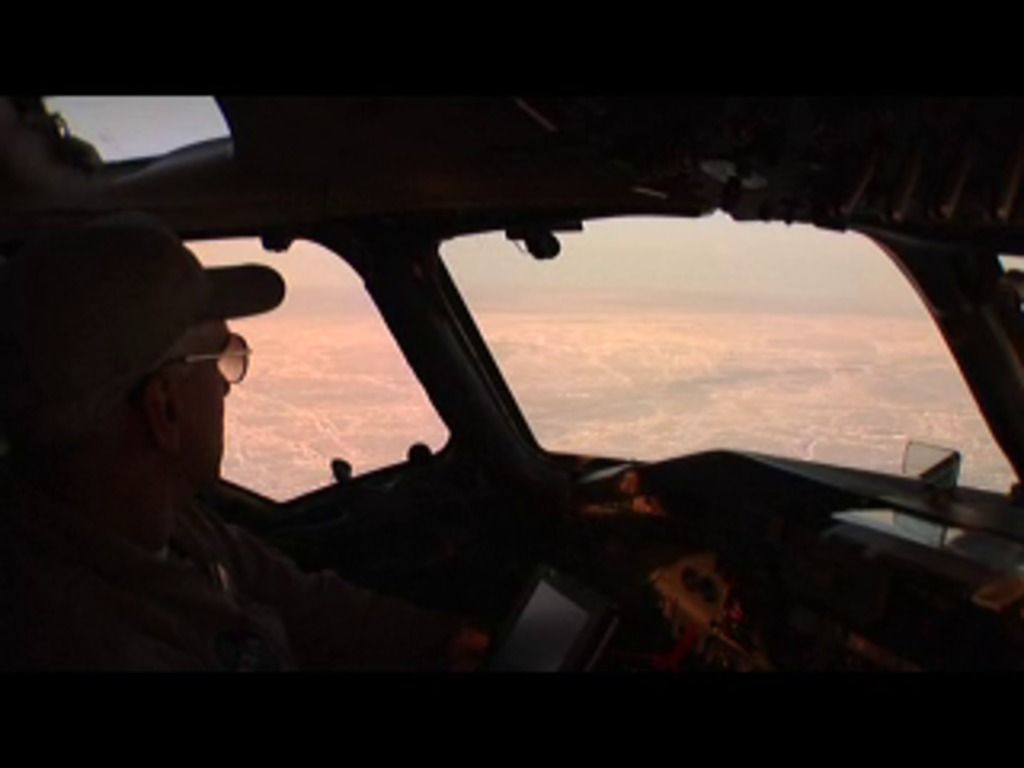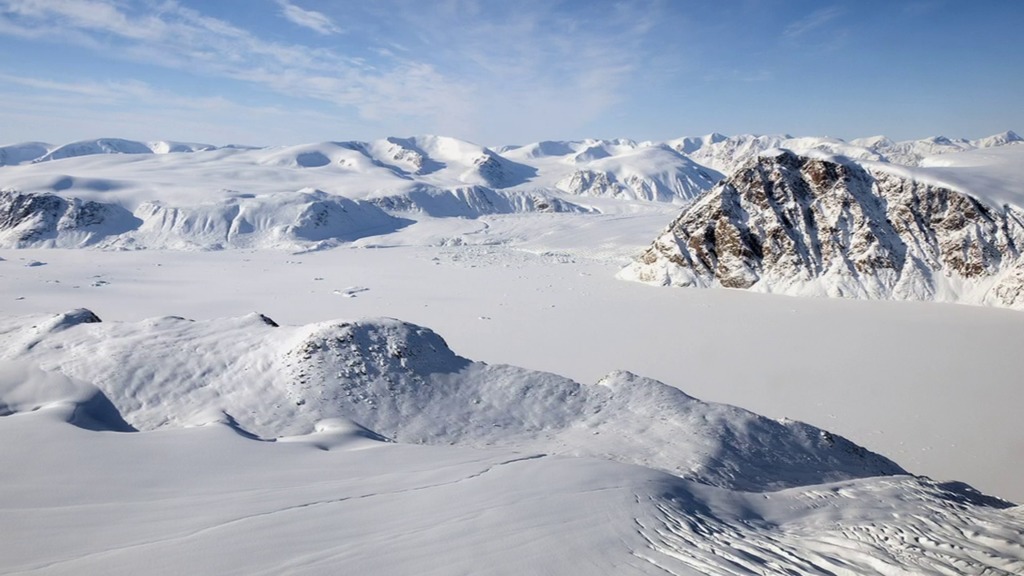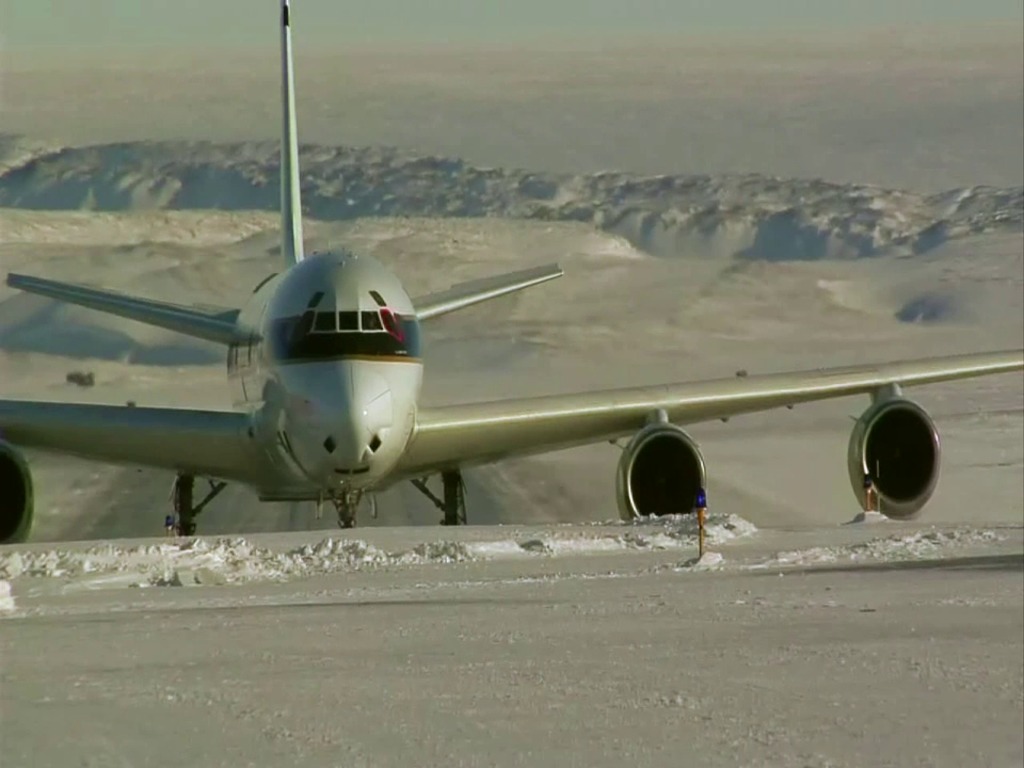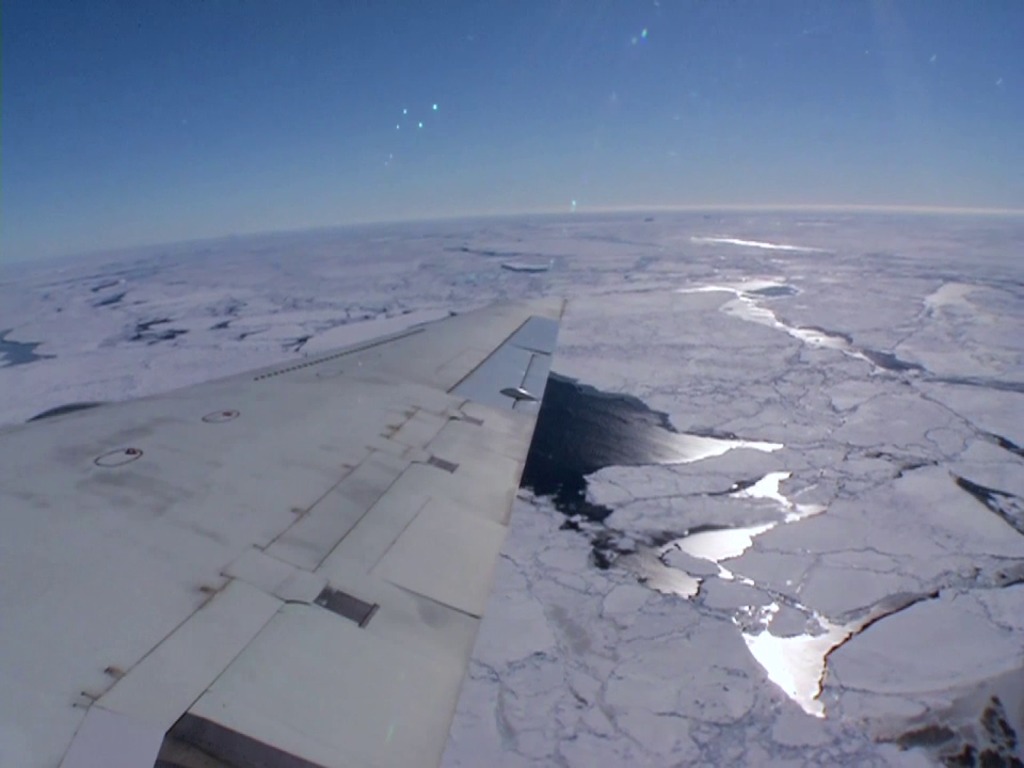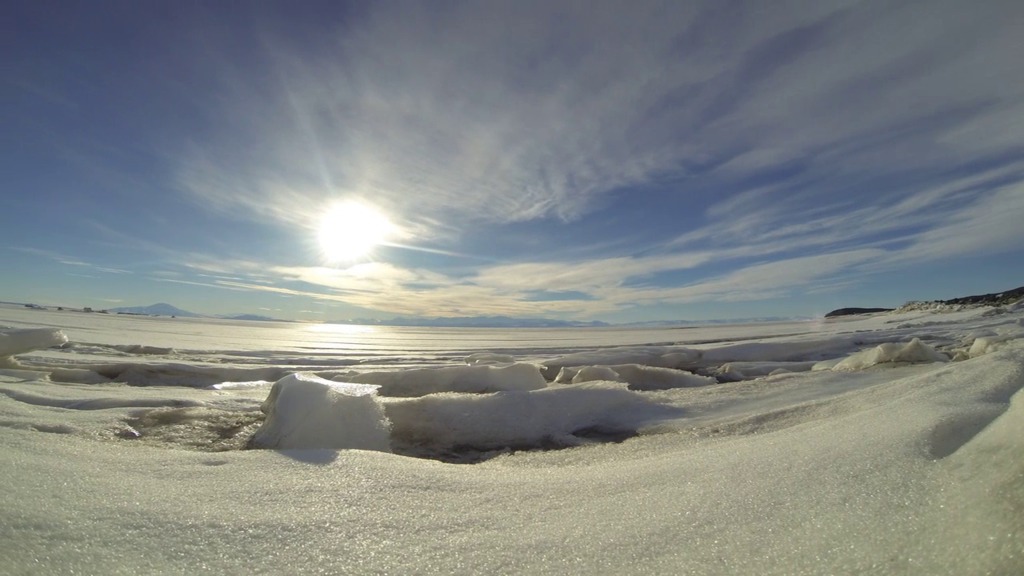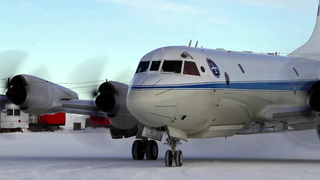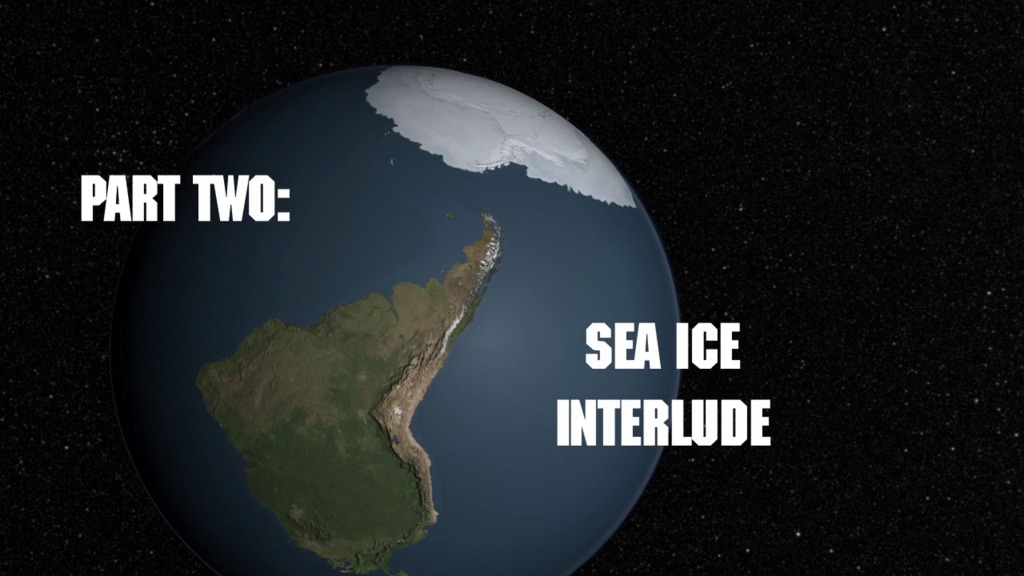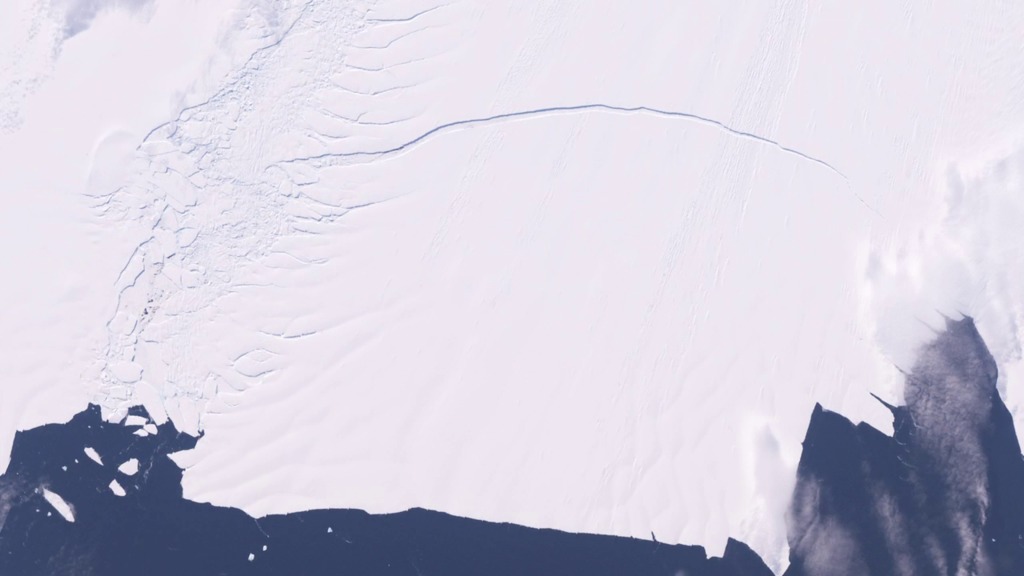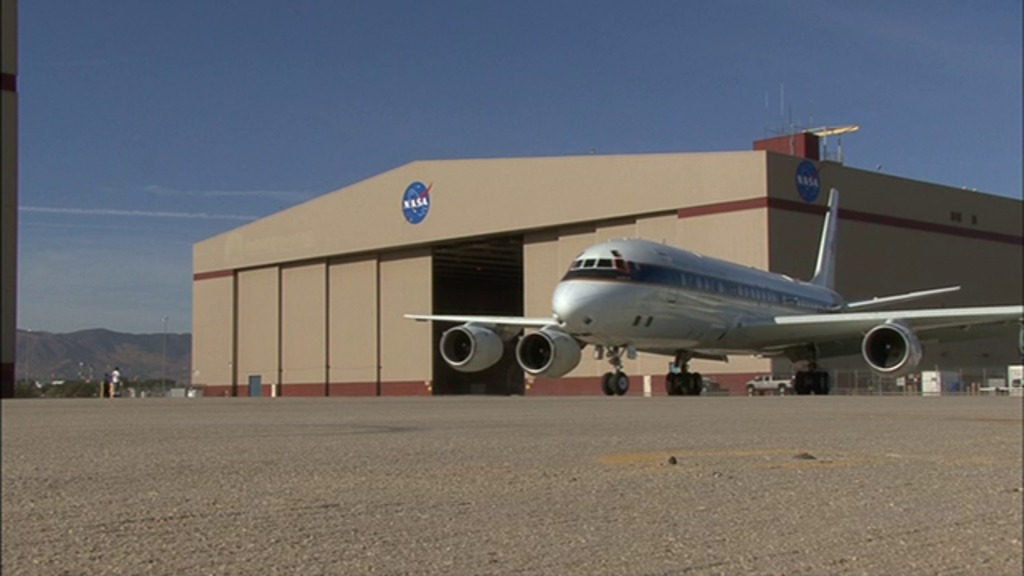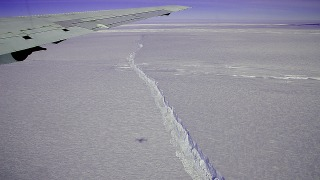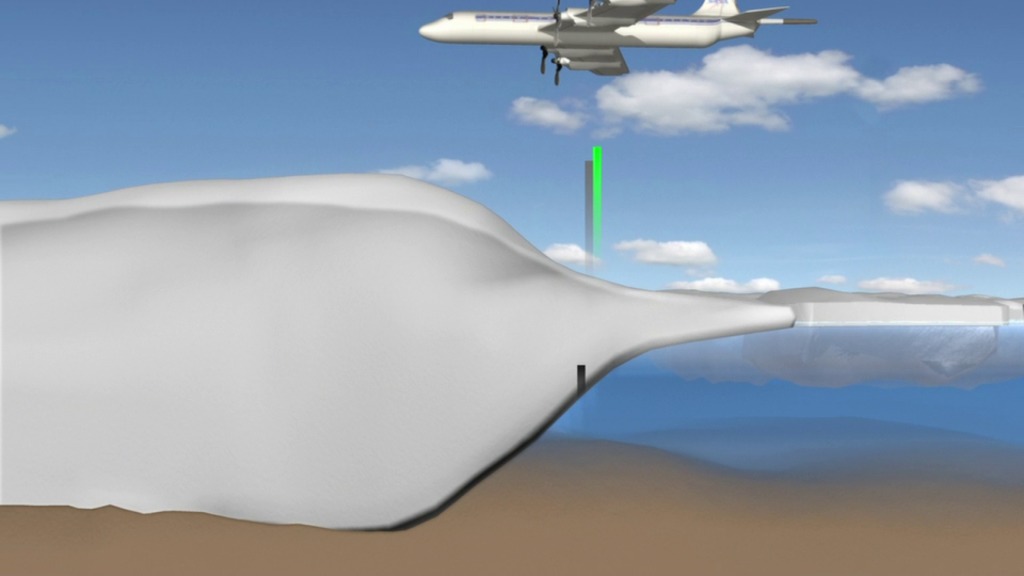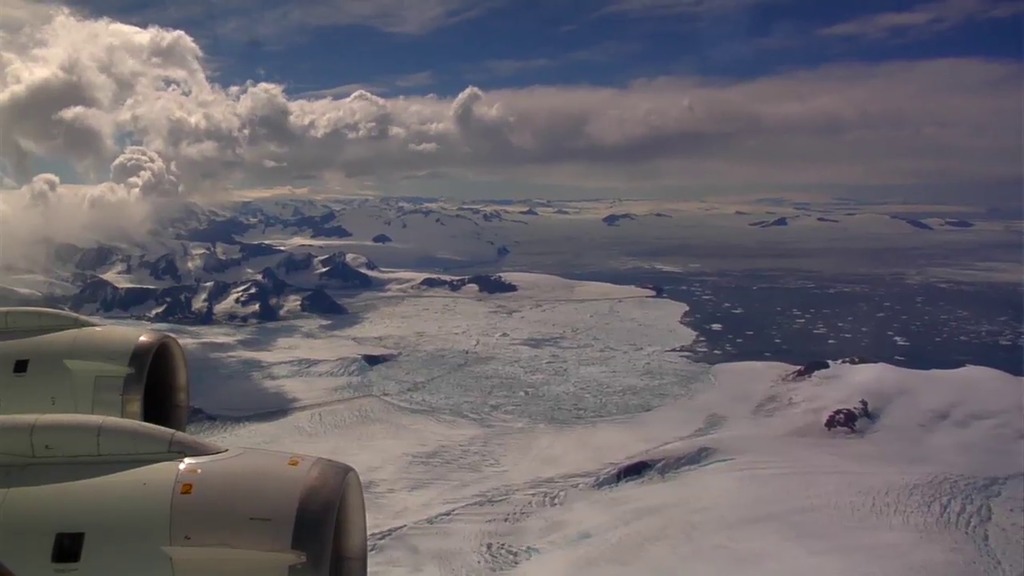Operation IceBridge - Deprecated
Overview
IceBridge, a NASA field campaign currently in its 11th year, is the largest airborne survey of Earth's polar ice ever flown. It will yield an unprecedented three-dimensional view of Arctic and Antarctic ice sheets, ice shelves, and sea ice. These flights provide a yearly, multi-instrument look at the behavior of the rapidly changing features of both Arctic and Antarctic ice.
Data collected during IceBridge will help scientists bridge the gap in polar observations between NASA's Ice, Cloud and Land Elevation Satellite (ICESat) -- launched in 2003 -- and ICESat-2, launched September 15, 2018. ICESat stopped collecting science data in 2009, making IceBridge critical for ensuring a continuous series of observations.
IceBridge uses airborne instruments to map Arctic and Antarctic areas once a year before the spring melt season takes hold. The first IceBridge flights were conducted in March/May 2009 over Greenland and in October/November 2009 over Antarctica. Other smaller airborne surveys around the world are also part of the IceBridge campaign.
Recent videos and greatest hits
- Produced Video
- Produced Video
- Produced Video
- Produced Video
- Produced Video
- Produced Video
- Produced Video
- Produced Video
- Produced Video
- Produced Video
- Produced Video
Data visualizations and conceptual animations
- Produced Video
- Visualization
- Visualization
- Produced Video
- Visualization
- Visualization
- Produced Video
- Produced Video
Arctic
In March, Operation IceBridge flies out of Thule and Kangerlussuaq, Greenland, measuring the Greenland ice sheet and Arctic sea ice with its instruments aboard a P-3B aircraft from the Wallops Flight Facility. The LViS instrument fiels on a smaller aircraft which in 2012 was NASA Langley's HU-25C.
- Produced Video
- Produced Video
- Produced Video
- Produced Video
- Produced Video
- Produced Video
- Produced Video
- Produced Video
- Produced Video
- Produced Video
- Produced Video
- Produced Video
- Produced Video
- Produced Video
- Produced Video
- Produced Video
- Produced Video
- Produced Video
- Produced Video
- Produced Video
- Produced Video
- Produced Video
Antarctic
In October, Operation IceBridge flies over Antarctica from its base of operations in Punta Arenas, Chile, typically with the DC-8 aircraft supplied by NASA Dryden. A smaller aircraft carrying the LViS instrument also joins the campaign, which in 2011 was a Gulfstream V operated by the National Science Foundation and the National Center for Atmospheric Research.
- Produced Video
- Produced Video
- Produced Video
- Produced Video
- Produced Video
- Produced Video
- Produced Video
- Produced Video
- Produced Video
- Produced Video
- Produced Video
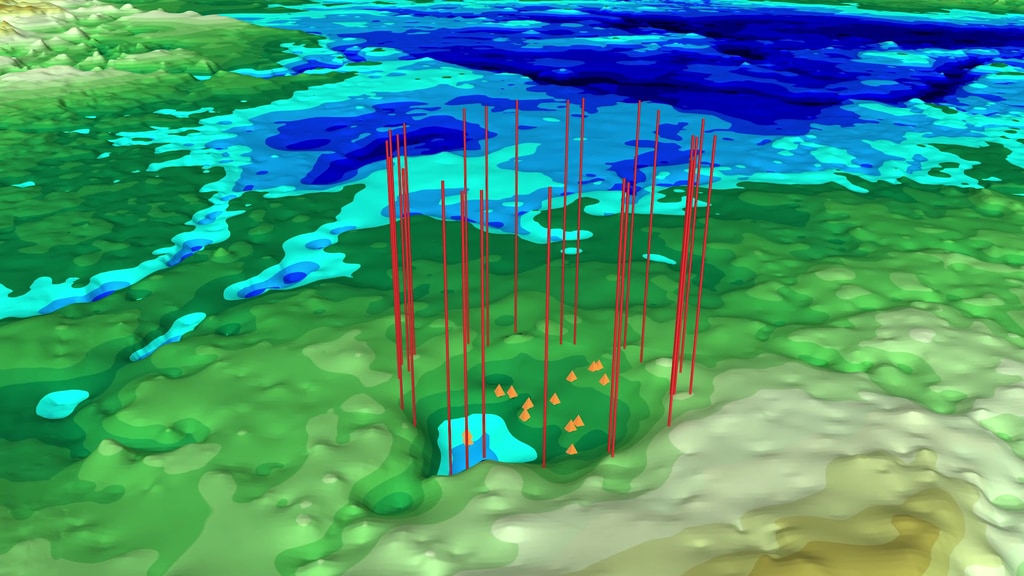
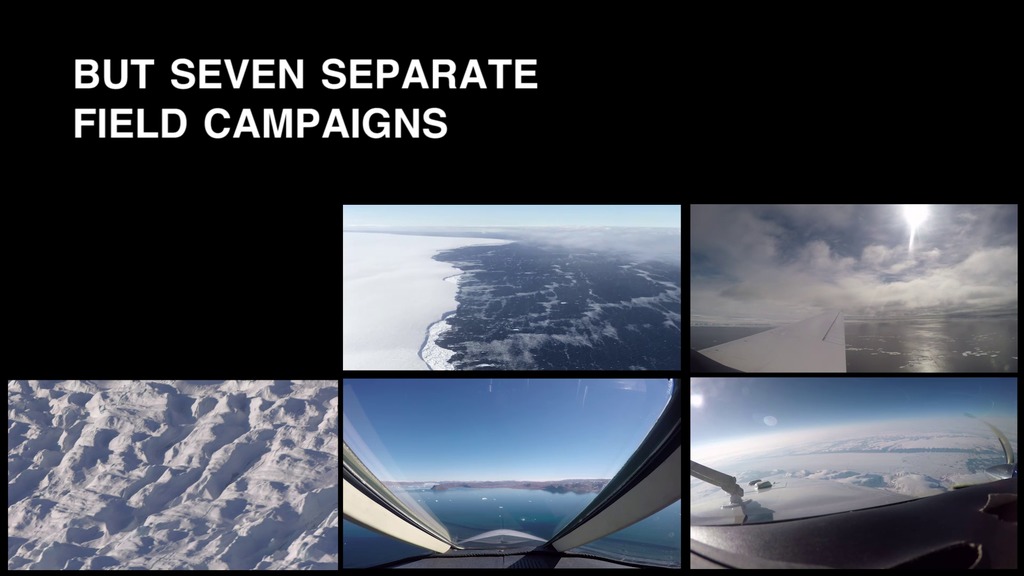
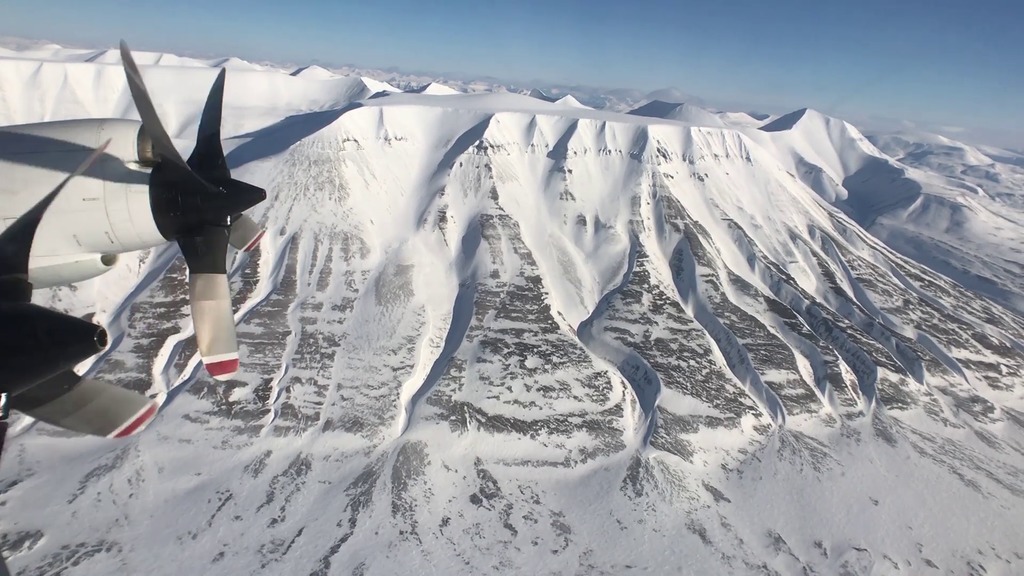
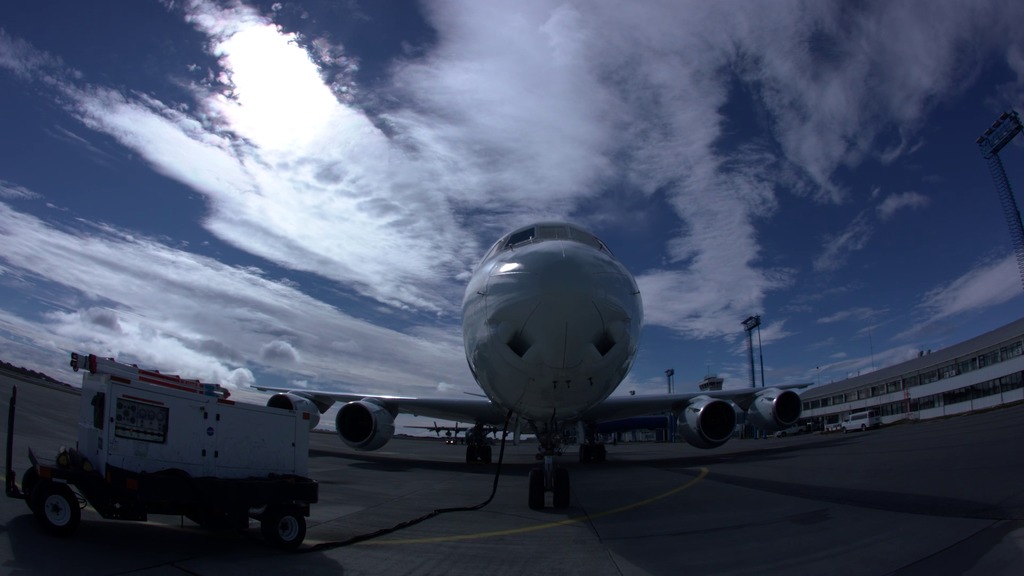
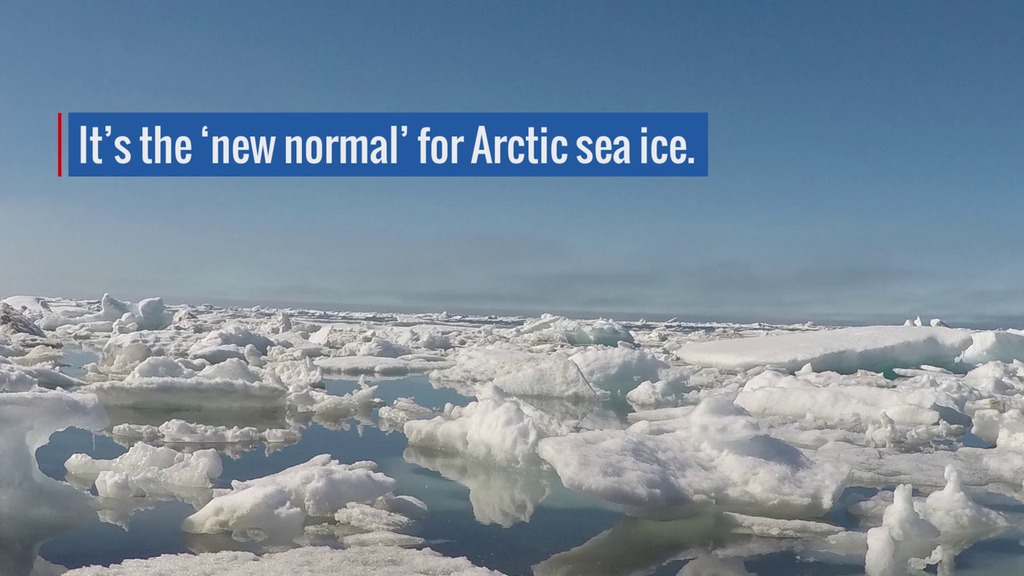

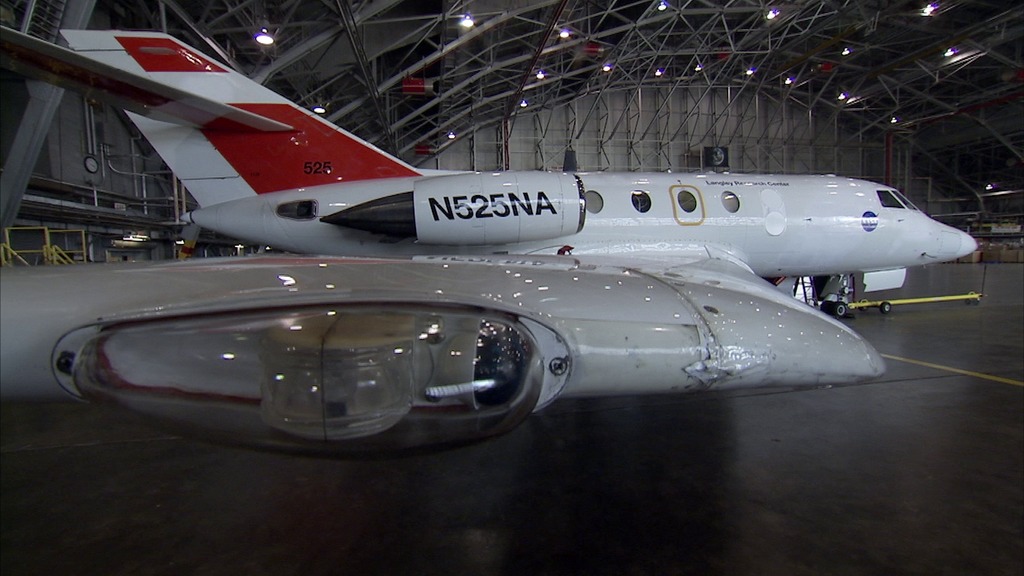


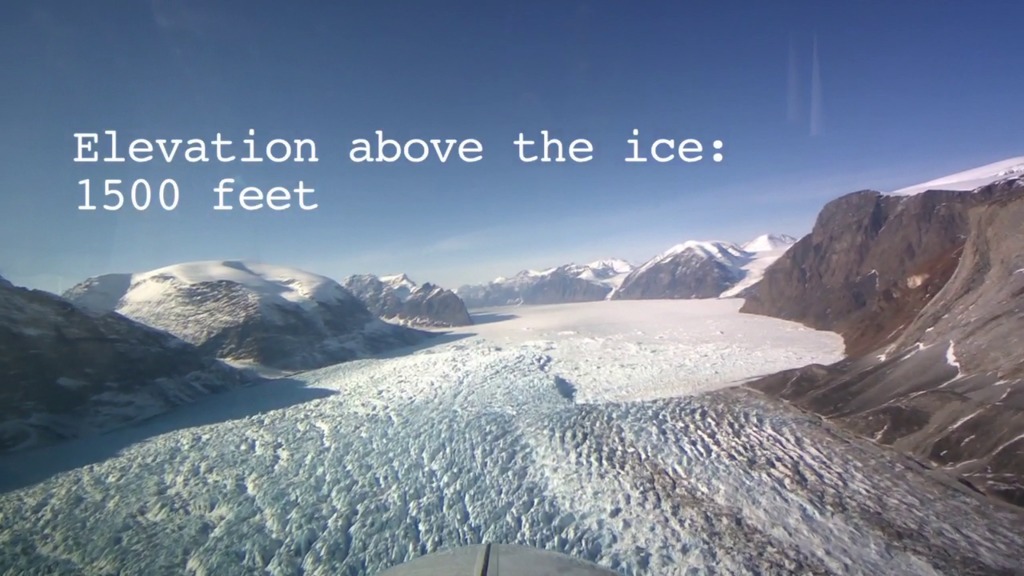
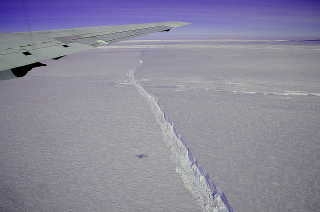


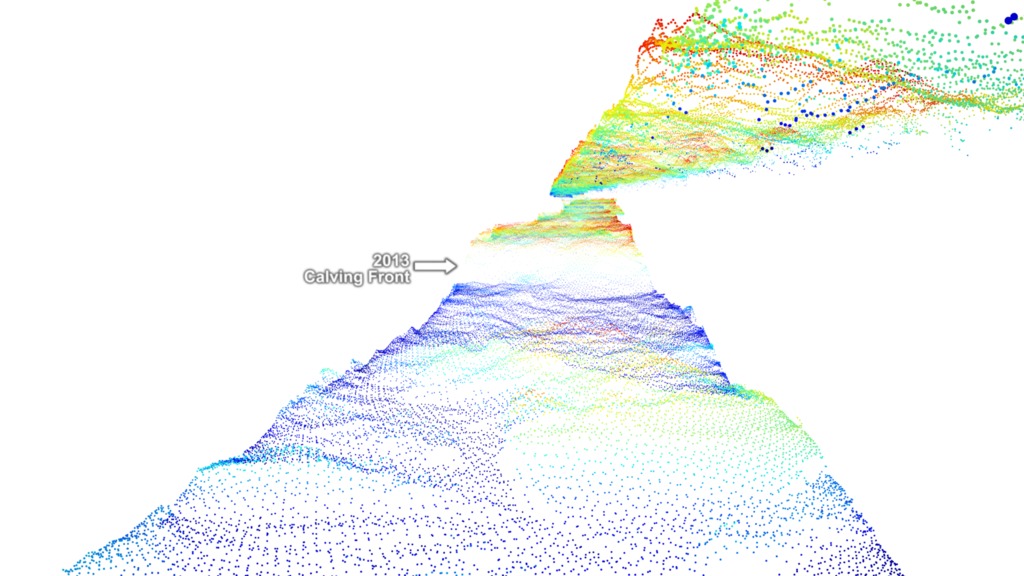
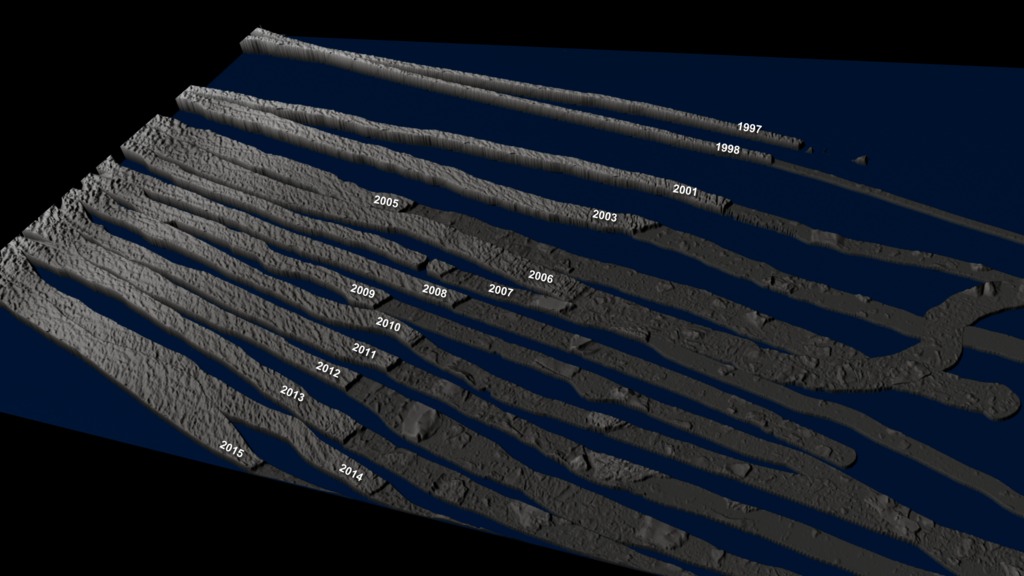
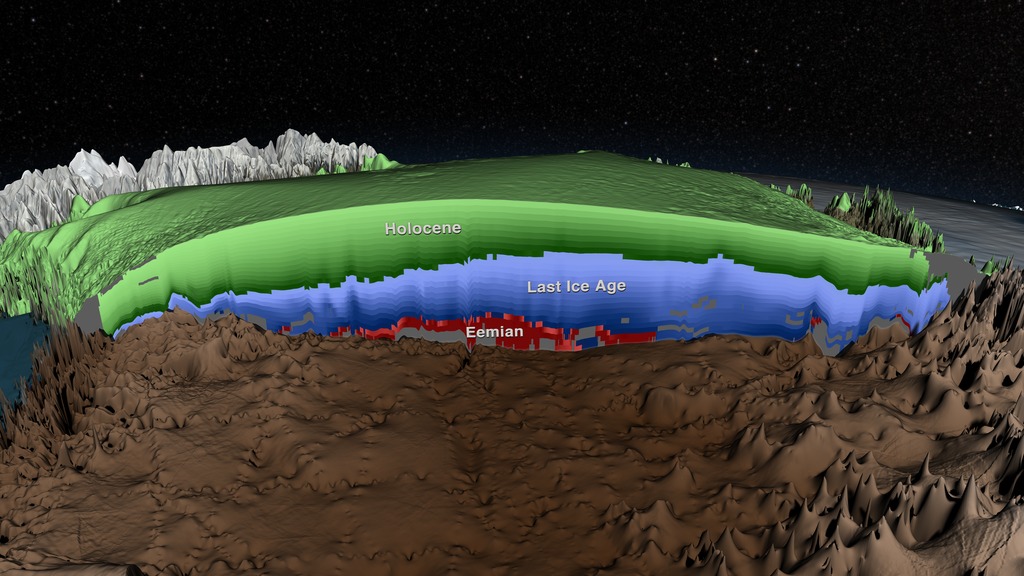




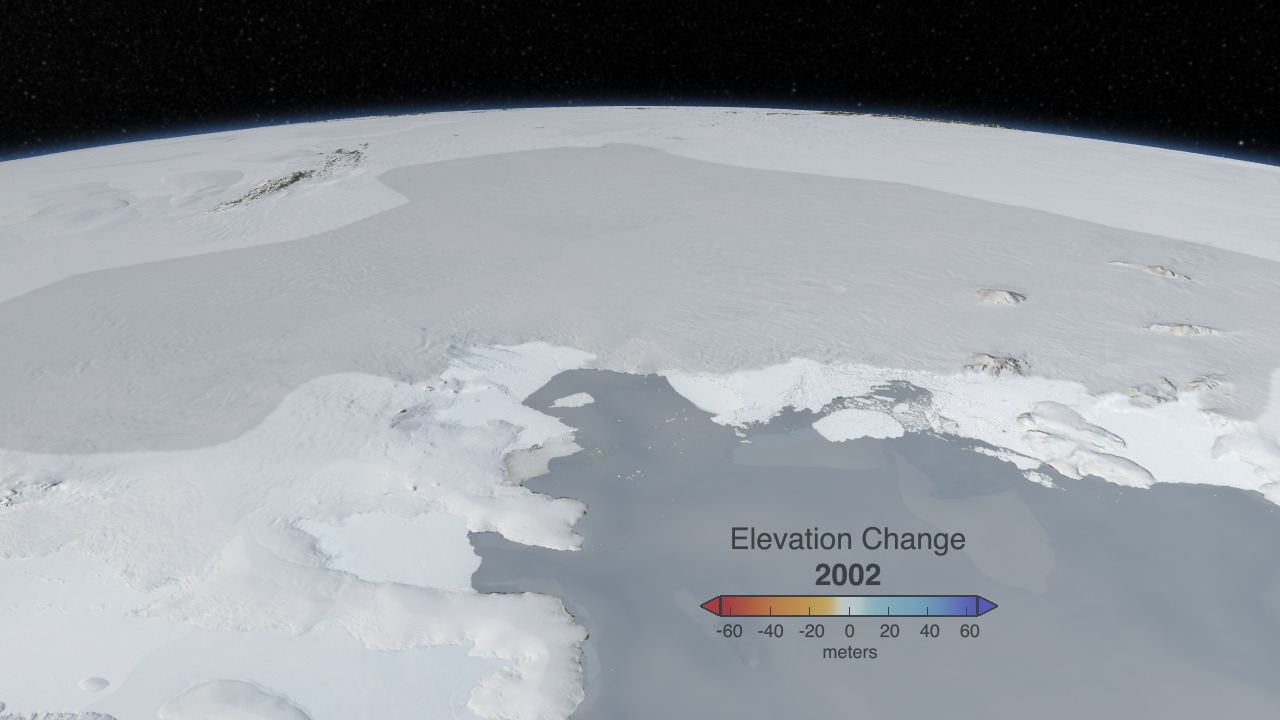

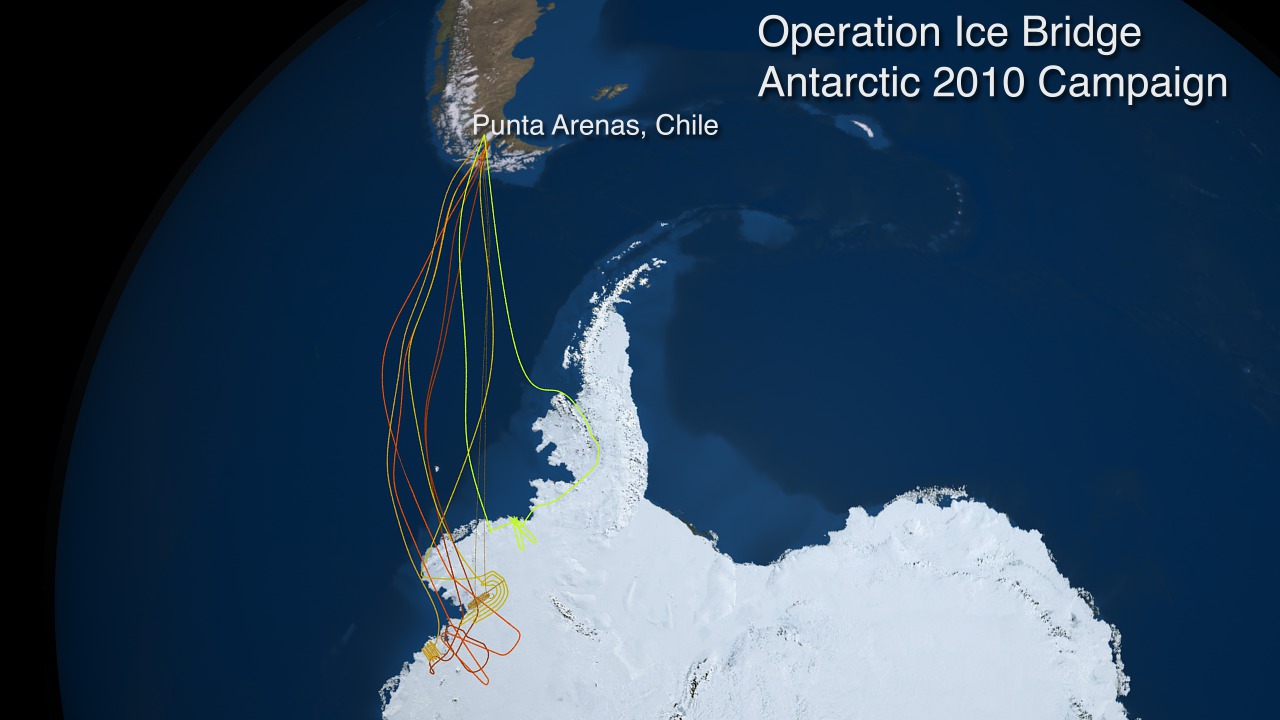
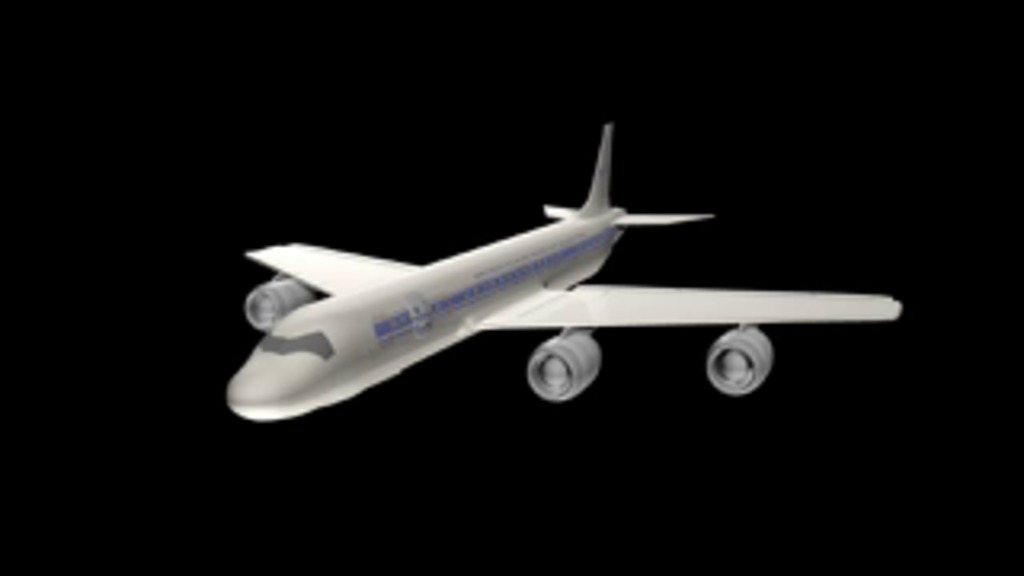



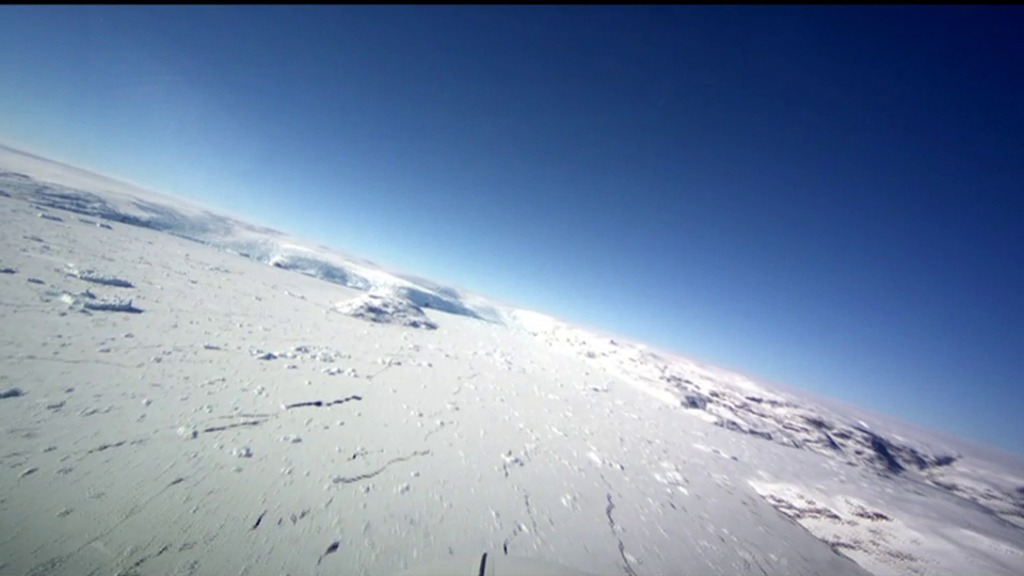
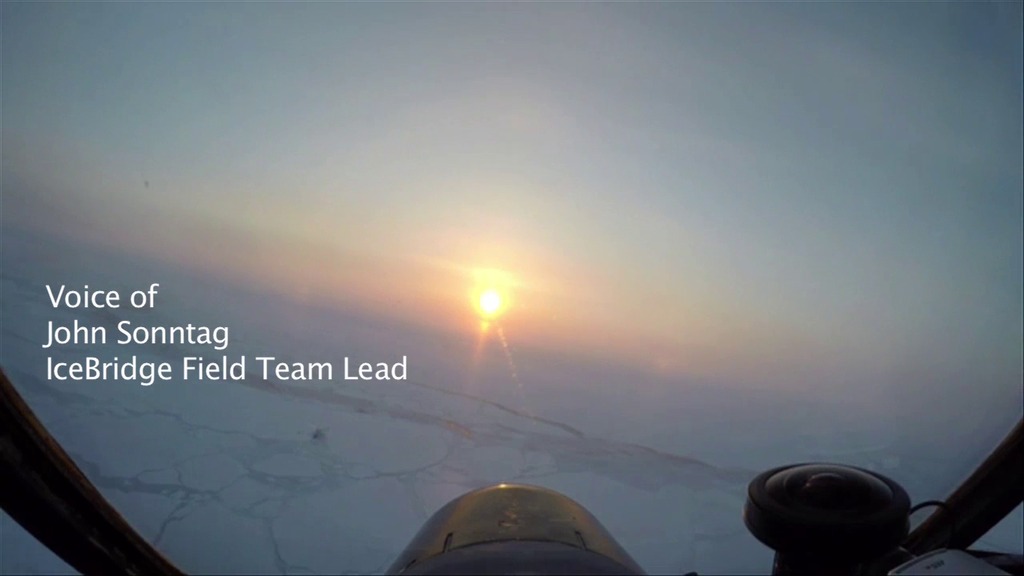

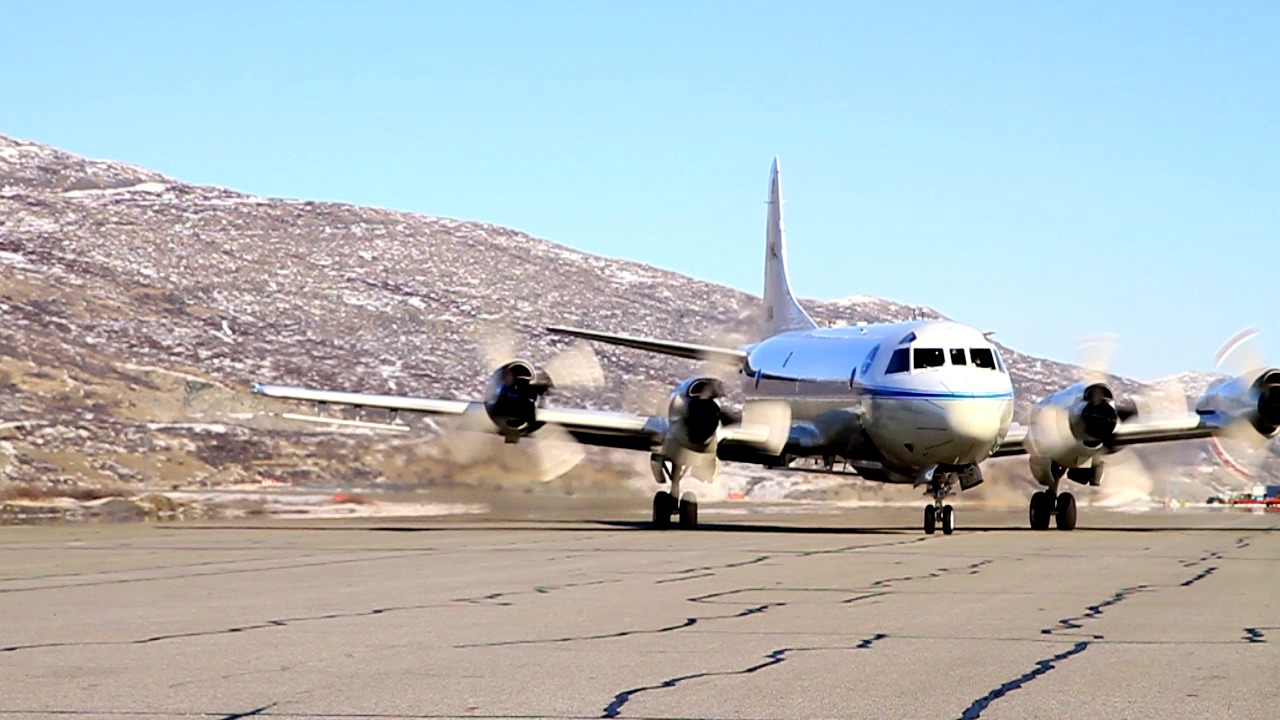
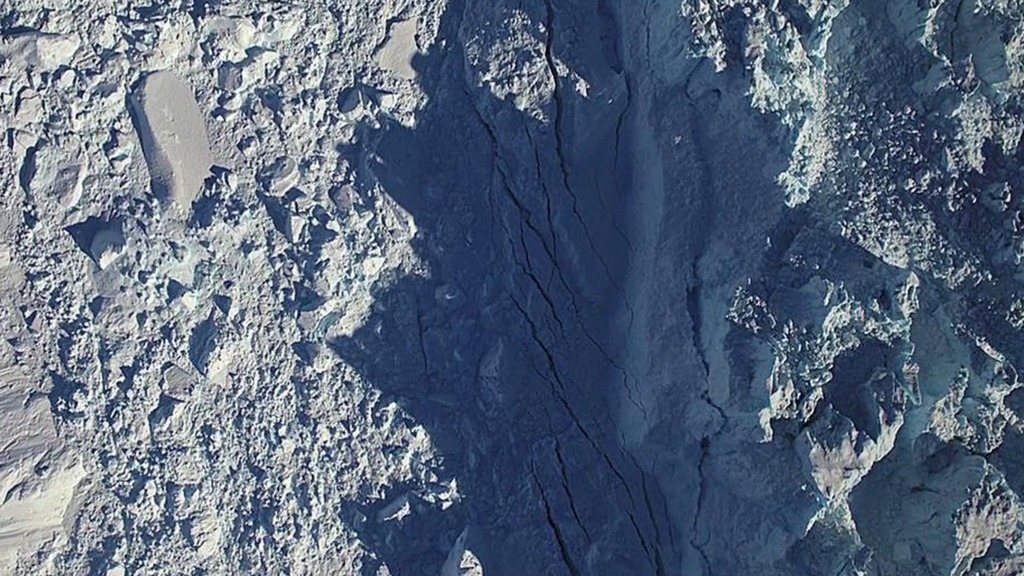

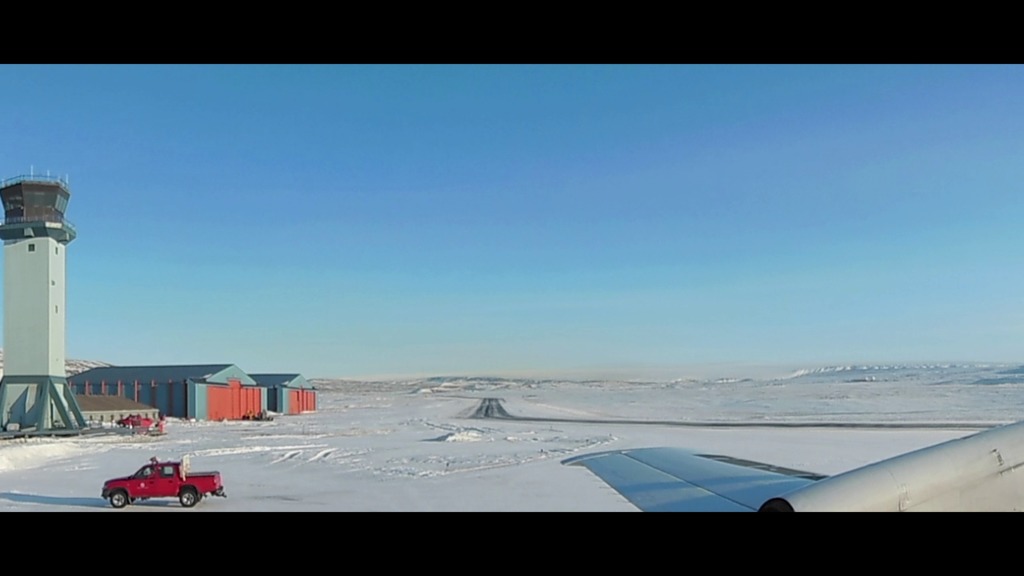

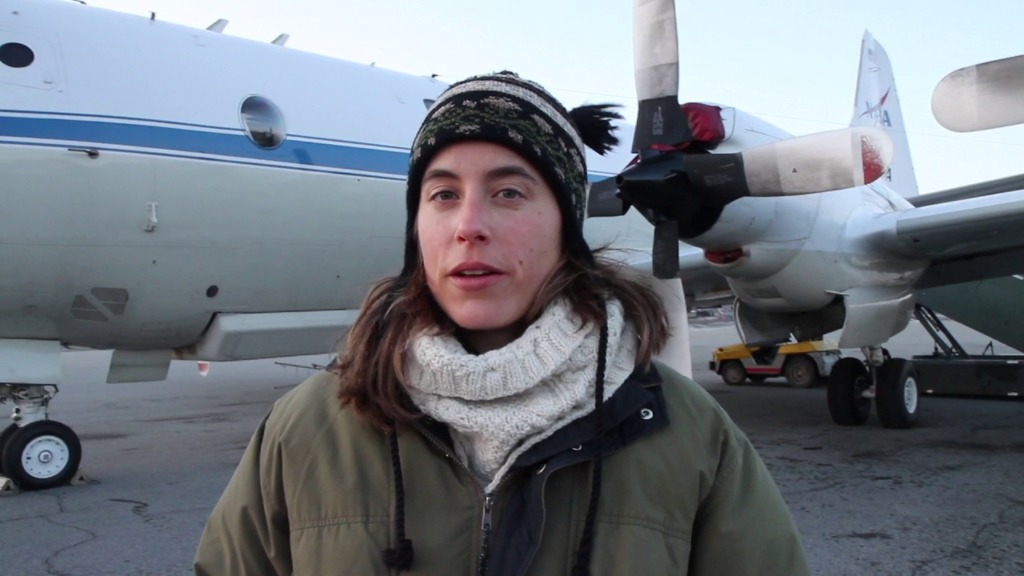
![Studinger: NASA's Operation IceBridge is a six-year campaign that monitors the sea ice and the land ice over the Arctic and the Antarctic.Over the past couple of weeks we have collected a tremendous data set over the sea ice in the Arctic Ocean that will allow us to calibrate the European Space Agency's Cryosat 2 satellitee. And we were able to do this because we were pooling resources between ESA's Cryovex campaign and NASA's Operation IceBridge. And this joint data set will allow us to build a joint time series of measurements in the Arctic Ocean This was the second year in a row that we have collected data on the ground in the air, and from satellite measurements at the same time, and this data set will help us greatly to understand the data and calibrate the data that are being collected by satellites from space. The data sets that we are collecting will also help develop better techniques for ICESat2 and together with all these satellite missions we hope to build a very long time series, beginning with ICESat one, covering over IceBridge, Cryosat 2, and leading up to ICESat 2 in the future. [wind sounds]](/vis/a010000/a010900/a010969/OIB_ESA_collaboration_compressed_lg.00077_print.jpg)
